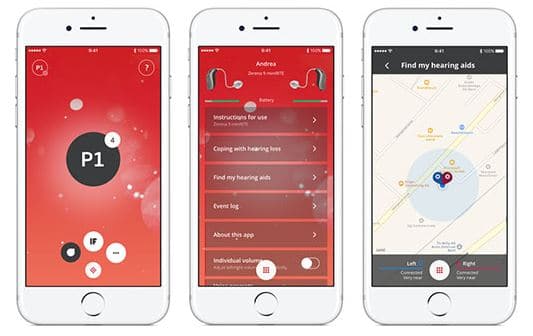Lolly Wigall relates the frustrating experience of maneuvering an emergency situation with an elderly family member with a disability.
I was visiting my elderly father recently. He lives across the country from me so I don’t have the opportunity to visit him very many times a year. His health is declining, which is very sad to see. He is getting very frail and has been legally blind for a number of years. In years past, he used to walk about a mile every day to get exercise and has been able to walk with a cane by himself to the mailbox a block away to retrieve the mail. Now, he uses a walker but we must accompany him to the mailbox and my amazing sister takes care of him 24/7.
One afternoon, he was very disoriented and not really responding to us. He was very shaky and seemed confused. We called the “Advice Nurse” associated with his healthcare who advised us to call 911. Unfortunately, my sister has had to call 911 several times in the last several months and the fire department knows the house and my dad. I guess it is nice that the emergency medical people know him and that they come so willingly to help.
The fire department came, followed by the ambulance and he agreed to be taken to the Emergency Room. I accompanied him in the ambulance and was quizzed for information such as his birthday, his place of birth, his medical card information, and his list of medications.  Fortunately, I have his birthday listed in my phone, because I initially gave the ambulance driver my brother’s birthday instead of my father’s! The birthdays of Dad, my brother, my sisters and my son are all very close and it was very confusing, especially when I was so upset and concerned about my Father. But I was happy that I had my father’s information in my phone so I could check and provide it myself.
Fortunately, I have his birthday listed in my phone, because I initially gave the ambulance driver my brother’s birthday instead of my father’s! The birthdays of Dad, my brother, my sisters and my son are all very close and it was very confusing, especially when I was so upset and concerned about my Father. But I was happy that I had my father’s information in my phone so I could check and provide it myself.
We arrived at the Emergency Room, which seemed to be overcrowded with ambulance arrivals and walk-ins. They immediately did the EKG to monitor his heart. Fine, no issues. His blood pressure was fine. Finally, they put him in a room so they could draw blood, which took several tries as his skin is very sensitive, and his veins are “torturous” according to the technicians and nurses.
As it turned out, everything was fine. All the lab work came back negative. He was not dehydrated as had happened before. But, we were there from 2:30 pm until 8 pm. We finally were released and headed home, hungry and tired.
As I reflect on the experience, I noticed a couple of things. We reminded every professional who talked to us, or did a procedure on Dad that he is legally blind. Almost every single person then began to talk louder to him! Interestingly, they didn’t explain in more detail to him what they were going to do, they just talked louder! They didn’t touch him to “let him know” where they were going to try to stick a needle in his arm, or hand or shoulder, they just talked louder.
It became clear that many medical professionals have poor training in treating or dealing with elderly people with disabilities. I understand that learning a skill takes a lot of training. I, for example would not give someone a shot. There have been times, when I had nurses who wanted to teach me how to give a shot to my husband. However, I said that giving shots was not in my marriage contract, so “no thank you”.
I appreciate the level of training of all the Emergency Room staff. Each person had a different skill which they seemed to perform excellently, except for how to speak to my father.
As an audiologist maybe I am a little more sensitive to this issue. I wonder how someone who is young with a hearing loss would be treated. Would the staff really take the time to explain to them what they were going to do? I am sure that the staff would not “talk louder” to a younger person, like they did to my father, even though he didn’t need them to talk louder.
The Emergency Room was chaotic. If a person had a hearing loss, it could be overwhelming trying to get information from the physicians and staff. I learned from this experience that it might be helpful to wear a band on the wrist stating some major disabilities such as hearing loss  and blindness. Maybe even including some illnesses that might affect treatment such as diabetes, heart condition, dialysis. I learned too that information stored on my phone needs to be up to date and accurate. Listing current medications and conditions can be very helpful to the attending staff.
and blindness. Maybe even including some illnesses that might affect treatment such as diabetes, heart condition, dialysis. I learned too that information stored on my phone needs to be up to date and accurate. Listing current medications and conditions can be very helpful to the attending staff.








Emergency Services should be more precise as everyone are not able avail this facility.So improvisation is required the services so that the users get more and more advantages.